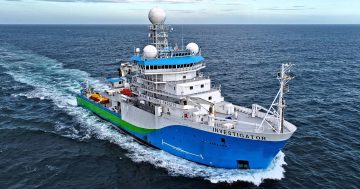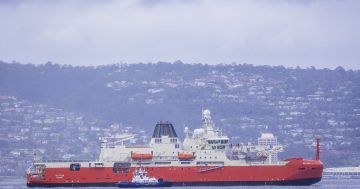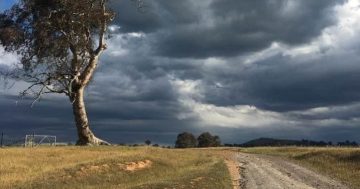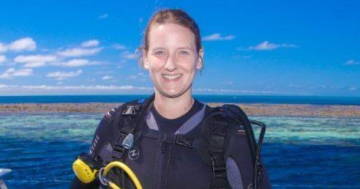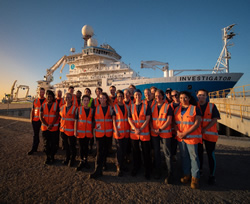 Researchers from Geoscience Australia (GA) have set sail for East Antarctica in a joint voyage with the Commonwealth Scientific and Industrial Research Organisation (CSIRO) to better understand the impacts of climate change.
Researchers from Geoscience Australia (GA) have set sail for East Antarctica in a joint voyage with the Commonwealth Scientific and Industrial Research Organisation (CSIRO) to better understand the impacts of climate change.
Voyage Chief Scientist with GA, Alix Post said that during the seven-week voyage, the researchers would seek insights into the flow pathways of dense Antarctic bottom water to help predict how a warming climate will influence future ocean circulation.
“East Antarctica is a unique and complex environment to work in, and our scientists are ready for the challenge,” Dr Post said.
“In what will really be a voyage of discovery, our research team will produce the first detailed seafloor maps of this area, as well as collecting long sediment cores, analysing seawater samples and using deep cameras to image seafloor life,” she said.
“Having the best quality scientific data possible is vital for Australia, so we can manage this amazing part of the world properly.”
Dr Post said the voyage would focus on Cape Darnley, one of only four regions on the Antarctic margin to form Antarctic bottom water, which is a key component of the global ocean circulation that regulates Earth’s climate.
Voyage Co-chief Scientist from The University of Queensland, Associate Professor Helen Bostock said maps of the seafloor topography were critical for understanding this complex system and producing realistic ocean, climate and ecosystem models.
“As well as mapping the seafloor, the team will be sampling the sediments from the seabed,” Dr Bostock said.
“Clues in the sediment records will reveal past changes in sea ice, ice-sheets and ocean circulation, and evidence of possible tipping points between different climate states in the past,” she said.
“These records will unlock the history of Antarctic dense water formation during periods of Earth’s history that were slightly warmer than today.”
Dr Bostock said this would provide an important insight into how the global climate was likely to respond in the future.
The voyage includes more than 20 scientists and students from Geoscience Australia, CSIRO, The University of Queensland, University of Tasmania, the Australian National University, University of Canberra, and the University of Tokyo.



